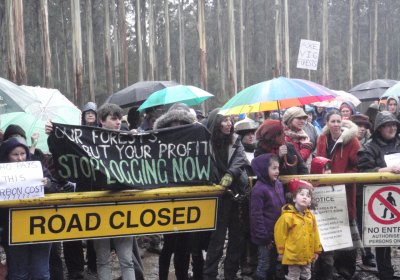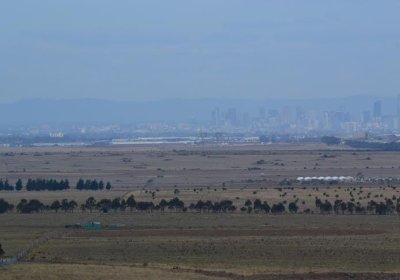One outcome of last year's inquiry into the Morwell Mine fire in Victoria's Latrobe Valley was the discovery that the default plan for “rehabilitating” the mine would be to let it fill with water naturally, perhaps to become a recreational lake. The hitch: it would take more than a hundred years to fill naturally and the water quality would be terrible due to pollution from coal seams.
Ben Courtice
ENGIE, the French company that owns two of Victoria's coal power stations, announced on November 2 it will close the oldest, Hazelwood, by March, and is selling the other, Loy Yang B. The power stations are in the Latrobe Valley, east of Melbourne.
Proceedings in the latest in the United Nations’ ongoing conferences on Climate Change — the November 7–18 COP22 that just concluded in Marrakech, Morocco — were disturbed by the news of the US election result.
A belligerently anti-environmental president is set to take office in the world’s greatest greenhouse polluting nation at the same time a shaky international climate treaty is being pieced together that will need US involvement to be effective.
Volunteer conservationists forced a last minute stay of execution for a section of forest near Toolangi that they had shown was home to the critically endangered Leadbeater's possum, which VicForests contractors were due to clearfell within days.
- Previous page
- Page 2
- Next page











